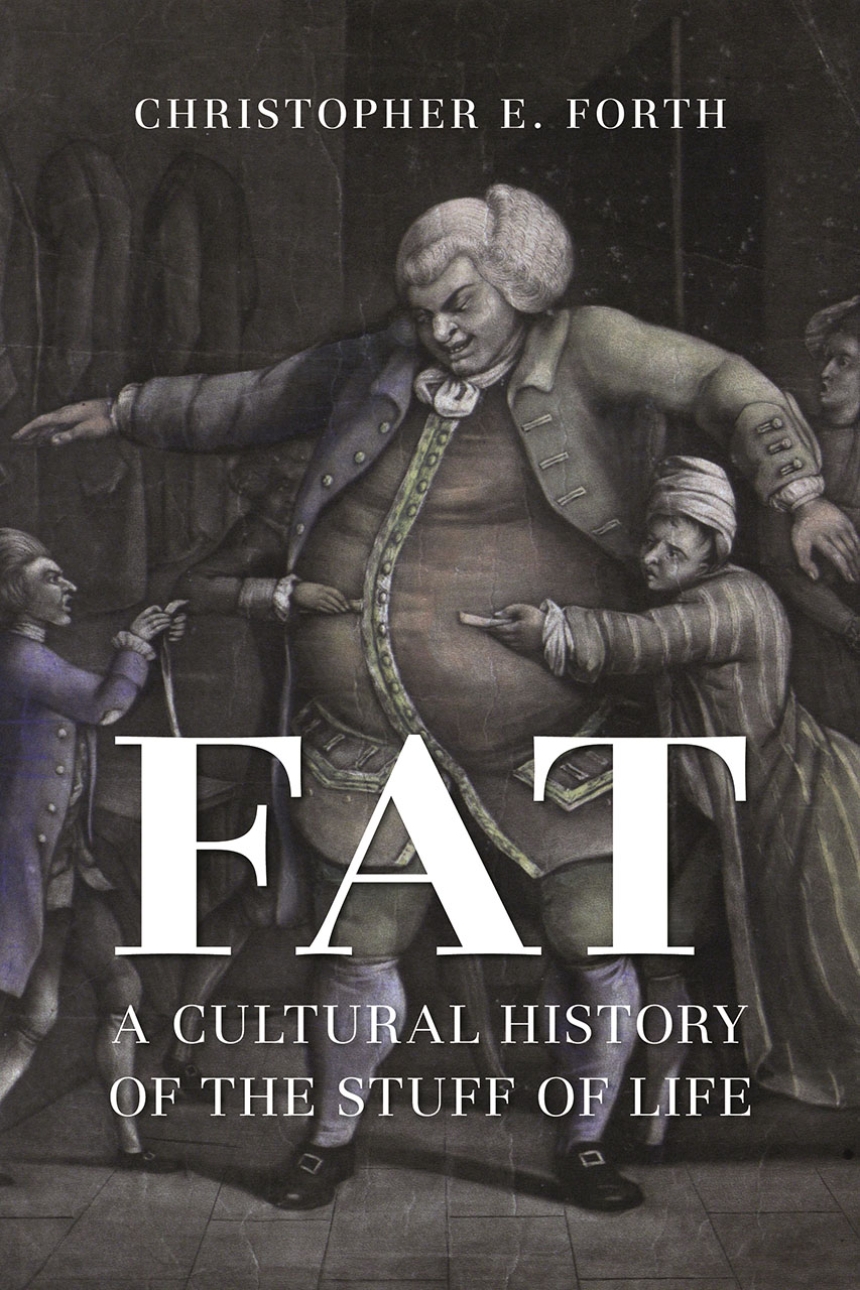Fat. Such a little word evokes big responses. While "fat" describes the size and shape of bodies—their appearance—our negative reactions to corpulence also depend on something tangible and tactile. As this book argues, there is more to fat than meets the eye. Fat: A Cultural History of the Stuff of Life offers reflections on how fat has been perceived and imagined in the West since antiquity. Featuring fascinating historical accounts as well as philosophical, religious, and cultural analyses—including discussions of status, gender, and race—the book digs deep into the past for the roots of our current notions and prejudices. Two central themes emerge: how we have perceived and imagined corpulent bodies over the centuries, and how fat—as a substance as well as a description of body size—has been associated with vitality and fertility as well as perceptions of animality. By exploring the complex ways in which fat, fatness, and fattening have been perceived over time, this book provides rich insights into the stuff our stereotypes are made of.

